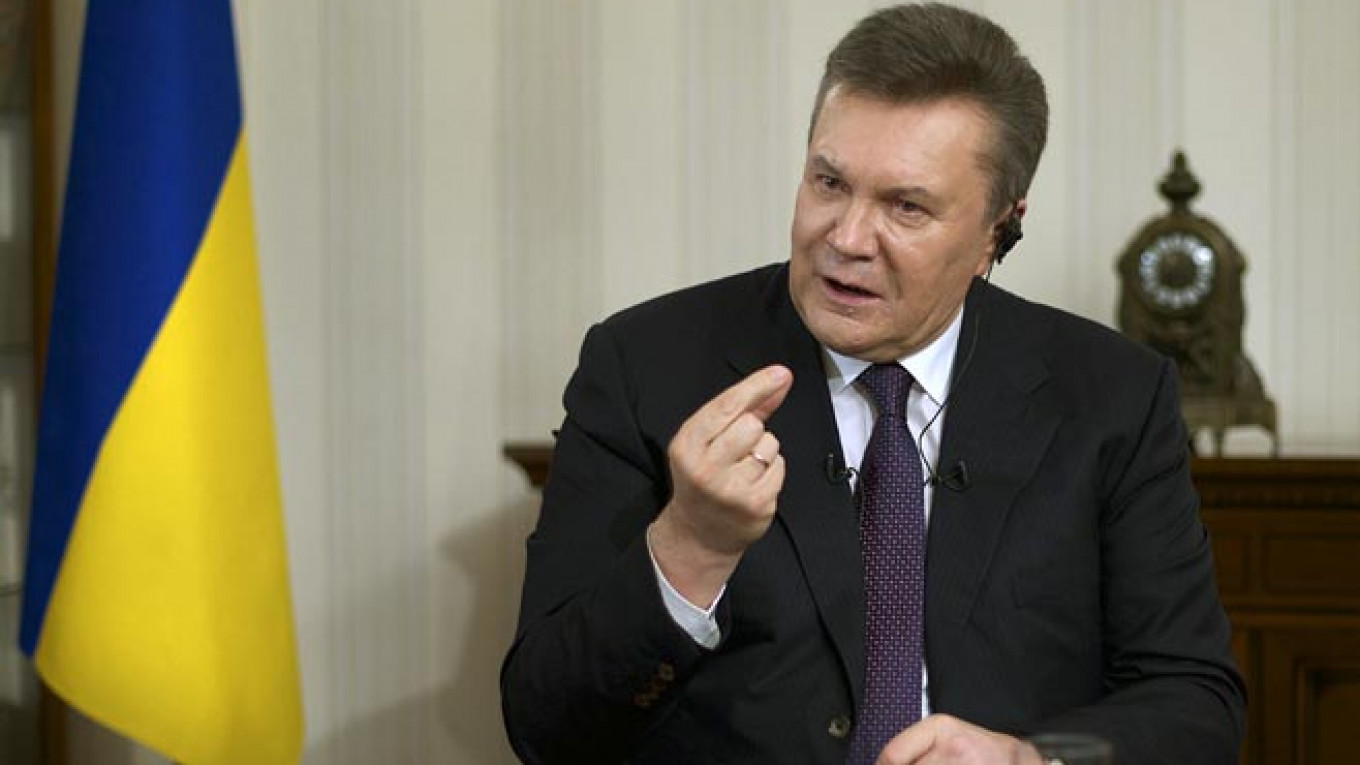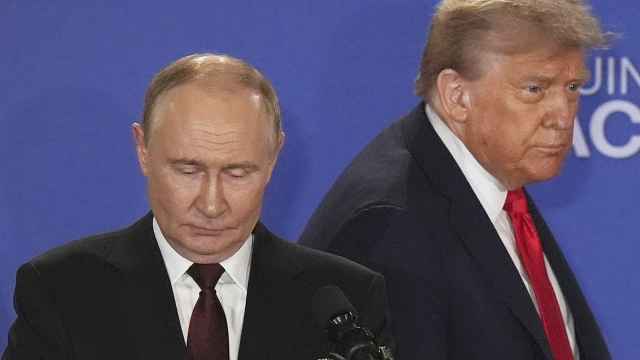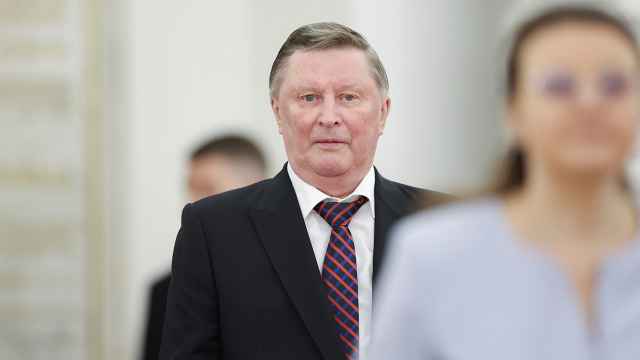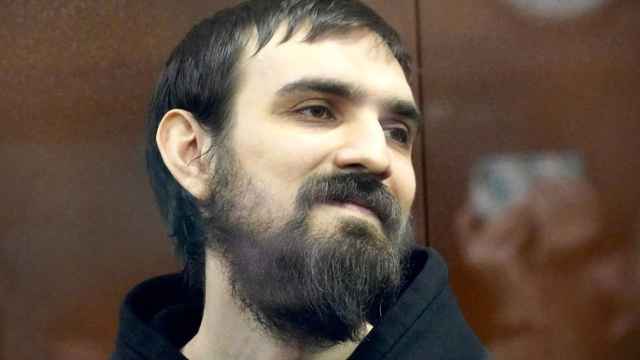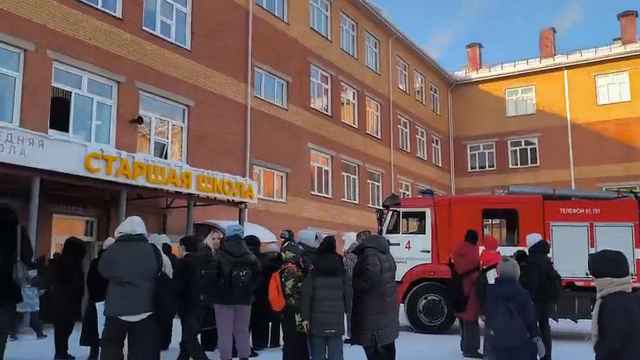Former Ukrainian President Viktor Yanukovych gave an interview to the Associated Press and Russian television channel NTV on Wednesday in which he said that Russia's annexation of Crimea was a "tragedy."
Yanukovych said that the referendum that saw large numbers of Crimeans vote for the region to become part of Russia was a form of protest against the pro-Western government that took power when he fled Kiev in February.
He said that he would not have let the annexation happen and added that he hopes to discuss the eventual return of the peninsula with President Vladimir Putin.
Speaking from the south western Russian city of Rostov-on-Don, Yanukovych said that he was wrong to have called for Putin to send Russian troops into Crimea to protect its citizens in earlier news conferences.
The interview also turned to the events surrounding Yanukovych's flight from Ukraine, including the luxurious mansion outside Kiev that he left behind, complete with zoo animals and a galleon ship. The former leader denied being guilty of corruption and said that no special advantages had been given to his son, a dentist who is thought to be one of Ukraine's richest men.
Yanukovych also denied that he had any connection to snipers that killed about 80 people in Kiev during the violent tumult that led to his departure, saying that some in his administration had criticized his reluctance to use force against protesters and that "no power is worth one drop of blood spilt." He is currently wanted by Ukrainian authorities for mass murder.
The former president acknowledged that there had been abuses of power by law enforcement during the protests, but said that this did not give legitimacy to the current Kiev authorities.
He also defended his decision not to sign an association agreement with the EU in November, a sudden about face that launched the protest movement against him, saying that Ukrainian industries could not compete with Europe and would also have been burdened by increased fees from Russia.
A Message from The Moscow Times:
Dear readers,
We are facing unprecedented challenges. Russia's Prosecutor General's Office has designated The Moscow Times as an "undesirable" organization, criminalizing our work and putting our staff at risk of prosecution. This follows our earlier unjust labeling as a "foreign agent."
These actions are direct attempts to silence independent journalism in Russia. The authorities claim our work "discredits the decisions of the Russian leadership." We see things differently: we strive to provide accurate, unbiased reporting on Russia.
We, the journalists of The Moscow Times, refuse to be silenced. But to continue our work, we need your help.
Your support, no matter how small, makes a world of difference. If you can, please support us monthly starting from just $2. It's quick to set up, and every contribution makes a significant impact.
By supporting The Moscow Times, you're defending open, independent journalism in the face of repression. Thank you for standing with us.
Remind me later.


